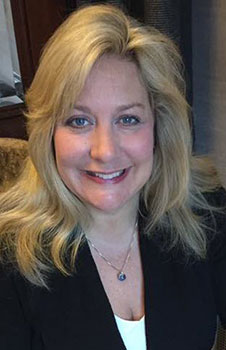The regulatory world is in constant flux. This is due to ongoing change in technology as well as advancement and better understanding of safety related aspects for aviation. You might think that the authorities have free reign over this policy. But in reality, industry has a voice with regard to the oversight and regulatory process through FAA public comment, lobbying with congress, and regulatory committee participation. Many of the changes we’re seeing in new policy is due to industry.
The newly published FAA order 8110.105A, which provides guidance to the FAA, DERs and ODAs for regulatory information surrounding DO-254, is just one of the changes in regulatory compliance coming from the FAA. FAA Order 8110.105A is written to supplement RTCA/DO-254, and to provide additional guidance in approval of both simple and complex custom micro-coded components. Here is a summary of the main changes:
- It removes Chapter 3 “Determining FAA Involvement in Hardware Projects”, and all references to the FAA Airborne Hardware Job Aid. These changes were made due to industry pressure to allow for a more flexible approach for conducting FAA oversite reviews such as Stage of Involvement audits (SOIs).
- Chapter 2 “SEH/CEH Review Process” was restructured and removes references to the SOI #1-#4 audits and job aid.
- Newly added Appendix C “Level of Involvement Worksheets” contains the worksheets for determining the Level of FAA involvement (LOFI), which is aligned with the FAA risk-based directives in Order 8040.4A.
These changes allow for a less prescriptive method for involvement for FAA, DER and ODA personnel. However, coordination and agreement on the appropriate level of involvement should be documented in the PHAC and submitted early in the program to ensure sufficient oversight and to avoid issues later. It is a good idea to review the LOFI worksheet in Appendix C of this Order, together with your FAA or ODA representative, and to include this evaluation in the appendix of your PHAC to show justification for the level of involvement reviews and schedule defined in your plan.
If you need help understanding the latest requirements of DO-254 (or DO-178C for that matter), check out the offerings of Patmos Engineering Services. We can consult with you in a number of different ways to assist you in jump starting your program.

Tammy Reeve has been involved in the certification of hardware (DO-254), software (DO-178C), and systems (ARP 4754A and related) for nearly 20 years.
Tammy Reeve
DER/Founder
Patmos Engineering Services, Inc.
